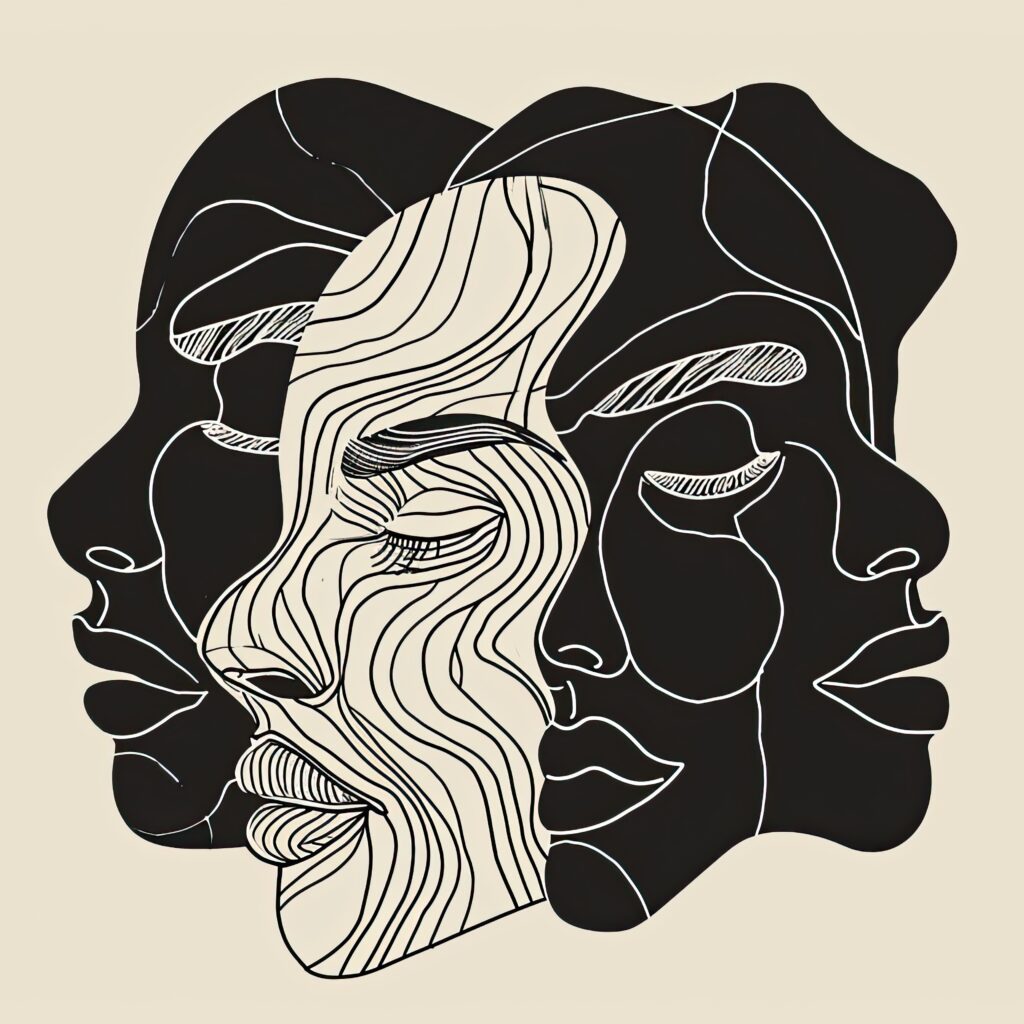
Re-orientating health and nursing care: a qualitative study on indigenous conceptualisations of wellbeing
“Re-orientating Health and Nursing Care: A Qualitative Study on Indigenous Conceptualisations of Wellbeing” focuses on the wellbeing perceptions of older Māori adults (pakeke) in Aotearoa/New Zealand.
It employs a kaupapa Māori methodology to explore how these adults understand wellbeing, with an aim to inform culturally responsive nursing care.
The study emphasizes the importance of integrating Māori perspectives and values into healthcare, highlighting the interconnectedness of physical, mental, emotional, social, and spiritual wellbeing in the Māori worldview.

The failure of health promotion for marginalised populations.
The paper discusses the impact of colonization on men’s mental health, particularly Indigenous men in settler colonial countries. It highlights how colonization drives silence and inequities in mental health outcomes.
The authors emphasize the need for culturally informed approaches and decolonizing mental health practices to address intergenerational trauma, loss of culture, and systemic racism. These factors contribute to higher suicide rates and poorer mental health among Indigenous men. The paper calls for the recognition and integration of Indigenous understandings of health to advance equity in men’s mental health

The reclamation of whānau decision making in the context of child welfare. A case study of Iwi-led family group conferences.
The Children, Young Persons and Their Families Act (1989) heralded family group conferences as an innovative mechanism to reinforce the role of family in child welfare decision making.
While many have regarded family group conferences as a culturally appropriate response, others have argued that continued managerialism reflects a guise of cultural responsiveness that has actively disempowered whānau (wider whānau) and the young person in decision-making processes. Similar to concerns that led to the formation of the 1989 Act, institutional racism inspired Rangitāne o Wairarapa (Rangitāne) to reclaim the family group conference process and child welfare decision making as an Iwi (tribal) function.
The current study reports on the development of a family group conference practice model of one Iwi (Rangitāne) as a case study of cultural reclamation. The success of the approach is juxtaposed against the Iwi practice model, critical success factors, and opportunities for the development of such practice models across Aotearoa New Zealand.

Insights into the oral health crisis amongst pre-schoolers in Aotearoa/New Zealand: a discourse analysis of parent/caregiver experiences.
The oral health of pre-schoolers is garnering international as a crisis as good oral health is a key precursor to positive health outcomes. Internationally, and within Aotearoa/New Zealand, responses been restricted to those based in a medical model and the commercialisation of oral health. Absent from existing commentary are the lived realities of parents/caregivers beliefs, attitudes and responsiveness, or lack of, to the oral health of preschoolers.
The analysis demonstrates the benefit of placing the lived experiences of parents/caregivers as central to the development of oral health interventions. There is a need to link oral health data with primary care data and to distribute accurate oral health information to support parents’/caregivers’ decision making. This research reveals several pervasive discourses and systems-related deficits that provide a fertile ground for future public health responsiveness.
